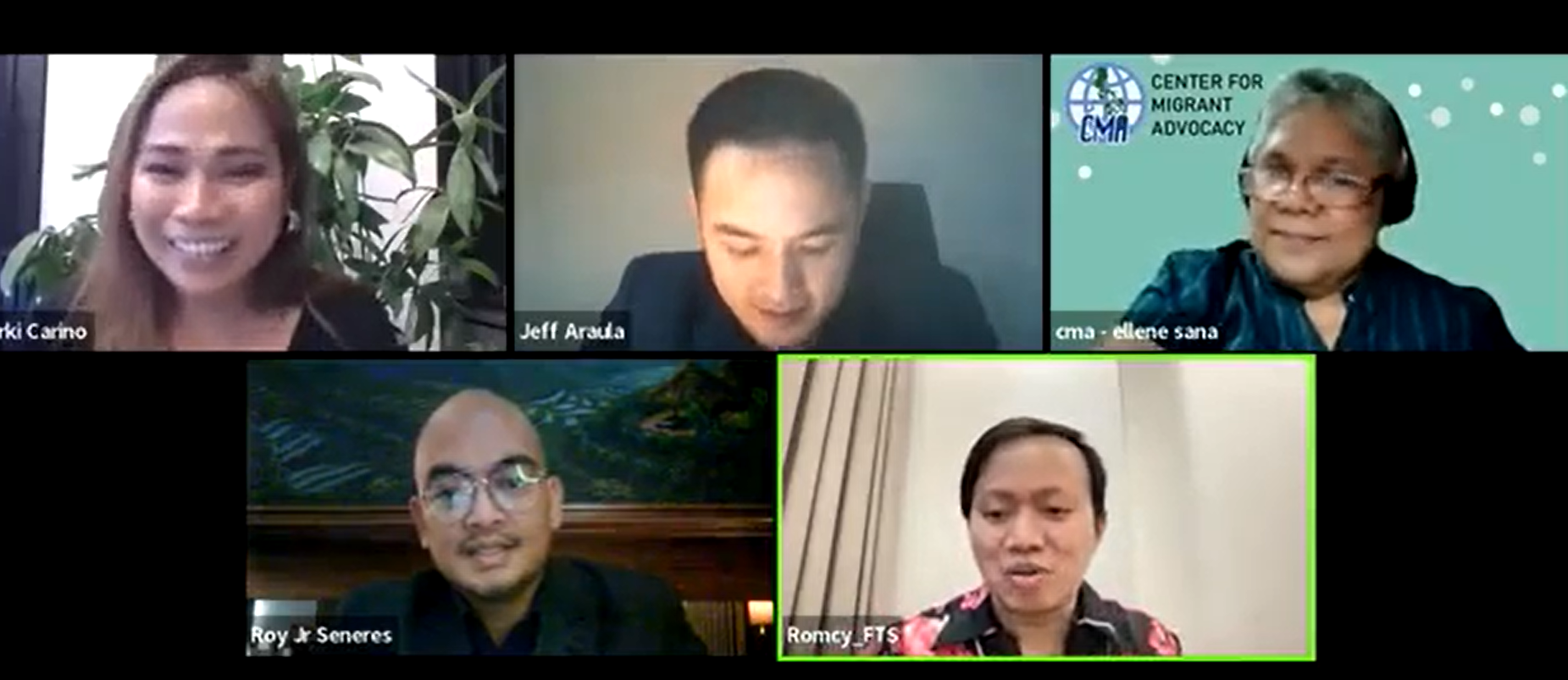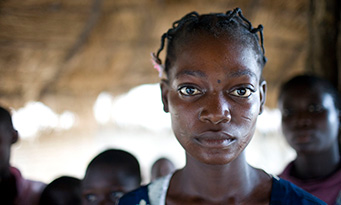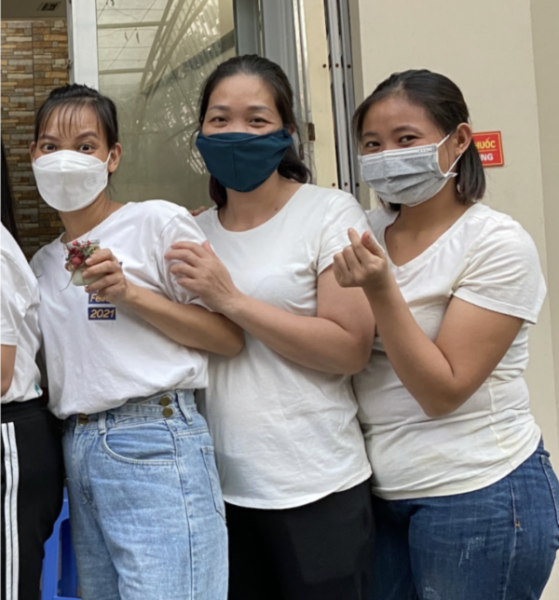The Jewish people have a special connection to the curse of slavery and to its eradication. At the heart of our history is the Exodus.
“ Avadim hayinu – We were slaves,” the Torah teaches.
 At Pesach, we rightly relax and celebrate the freedom we enjoy. But the fight is not over. Slavery persists.
At Pesach, we rightly relax and celebrate the freedom we enjoy. But the fight is not over. Slavery persists.
Worldwide, between 21 and 30 million people live in a state of actual slavery. More than half of slaves are in Asia, with another fifth in Africa; and, yes, slavery persists in the United States. More than half of slaves are women and girls. About 25 percent are children. A fifth are sex slaves and the rest are trapped in forced labor.
What does slavery look like? In India, slavery is often debt bondage, where people become enslaved to loan sharks that demand labor to repay a small debt that always grows larger. In Nepal, young, rural women are lured to the city with the promise of a legitimate job but are sent instead to a brothel. In Ghana, boys from poor villages are sold to work on fishing boats. In Brazil, men are promised jobs in the lumber industry in the forests, only to become trapped in slave labor camps. In the Democratic Republic of the Congo, girls are forced into so-called “marriages” and boys are required to work in mines.
How can this ancient curse still be upon us today? In a word, the root cause of slavery is vulnerability. Those in slavery overwhelmingly come from the poor, the desperate, the uneducated, the marginalized and the unprotected.
By understanding the cause, we have also learned how to end slavery. Vulnerable communities can be empowered to resist traffickers and slaveholders. Free the Slaves has been working to end slavery for more than a decade in thousands of communities across multiple countries. Based on that experience, we have identified five keys to ending slavery: Educate, Organize, Serve, Liberate and Prosecute.
- Educate: Human trafficking can be stopped by educating community leaders, parents, teachers, clergy and children – what their rights are and how to protect themselves.
- Organize: Communities that organize against slavery are better protected. In thousands of communities, we have organized community groups that counsel their neighbors and stand on guard against traffickers.
- Serve: Increasing access to credit, schools and health care creates a bulwark against slavery; traffickers prey upon those whose lack of access to key services generates a family crisis.
- Liberate: Training and modest investments help local non-governmental organizations and police identify, track, liberate and rehabilitate those who have been enslaved.
- Prosecute: Stepped-up law enforcement is also required. Training, resources and advocacy can help achieve more stringent laws and more assertive application of existing law.
We know this formula works – the challenge is to expand its reach.
Pesach is more than a time for relaxed celebration of long-ago events. It is a time for rededicating ourselves to the cause of freedom. Everyone can contribute. Educate your families and friends. Choose fair trade products that are certified slavery free. Be sure the companies in which you invest have strong policies to prevent slave labor in their products. Advocate with local, state and federal authorities to support strong anti-slavery legislation. Donate to organizations working to abolish slavery.
This Pesach, as you gather with your loved ones to ask, “Why is this night different from all other nights?” answer, “I am a modern abolitionist.”
When you ask, “Why is this night different from all other nights?” respond, “We claim the mantle of Moses that is our heritage and we are helping to liberate those who are now slaves.”
When you ask, “Why is this night different from all other nights?” proclaim, “We are part of the joyous work of freedom.”
When you ask, “Why is this night different from all other nights?” say, “Because this Passover we commit to the covenant of freedom, not only for ourselves but for all who are in bondage.”
Then that night will be truly different.
Editors Note: this article originally appeared in the Religious Action Center of Reform Judaism blog. You can learn more about the FTS Faith in Action campaign on our website.



